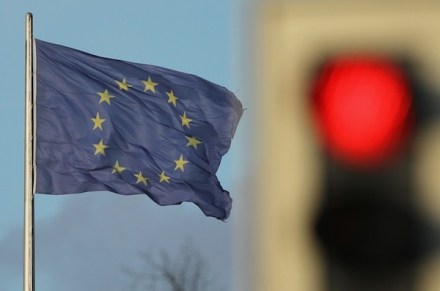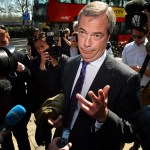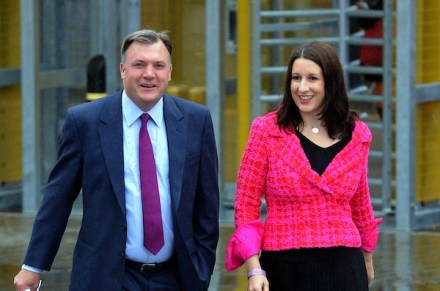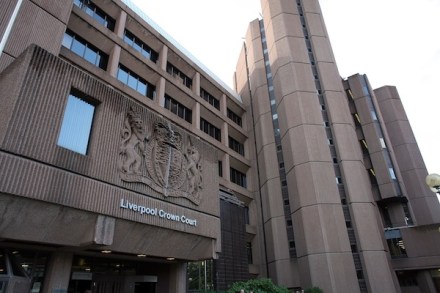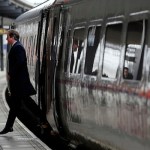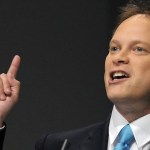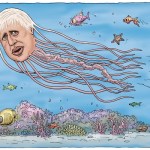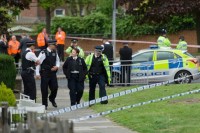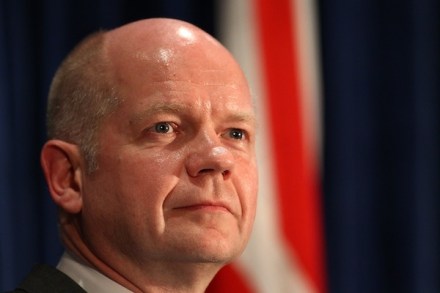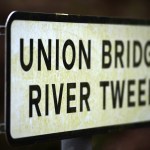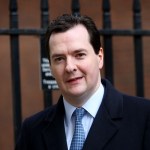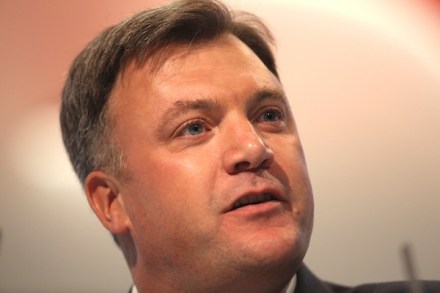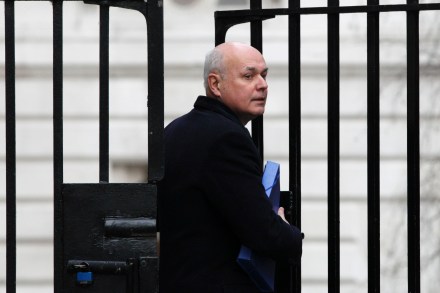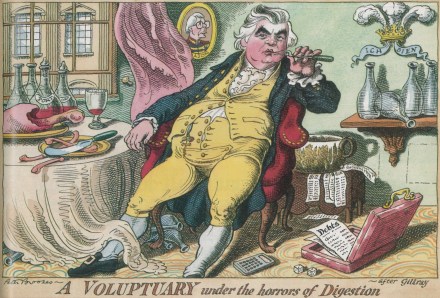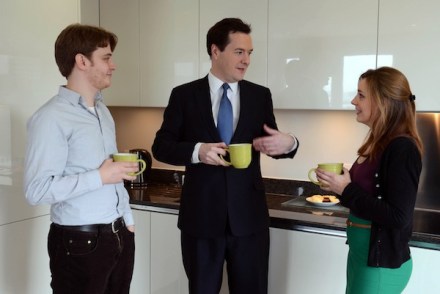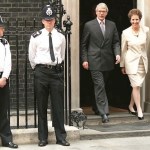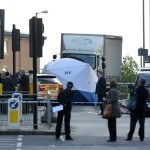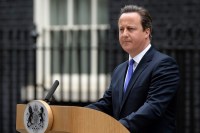European Commission makes the case for curtailing its own power
If anyone pushing for reform of Britain’s relationship with Europe was hunting for an example of why there needs to be a renegotiation, they would have struggled to find a more perfect one than that served up by the European Commission. The Commission is taking the UK to the European Court of Justice, claiming its tests for EU nationals applying for benefits break EU law. Announcing that he will ‘not cave in’ to Brussels must have been one of the more satisfying moments of Iain Duncan Smith’s career. What must have been even more satisfying to listen to was the exchange between Peter Lilley and rights adviser Adam Weiss on
